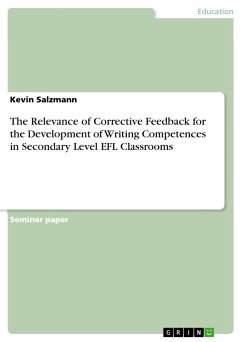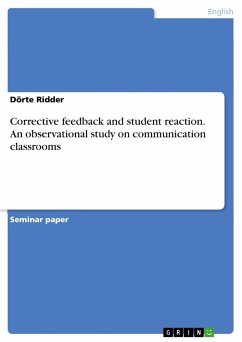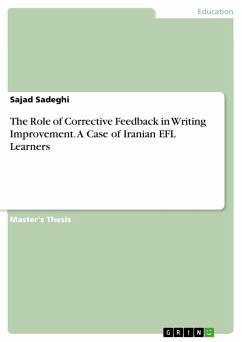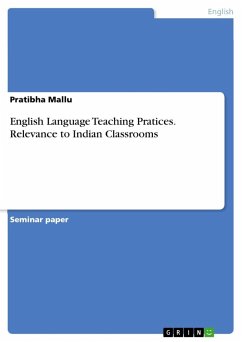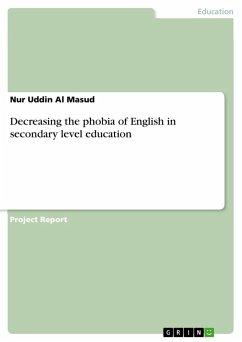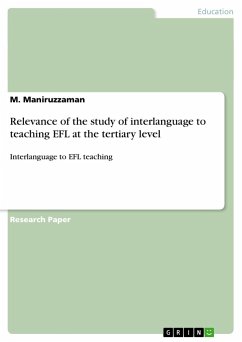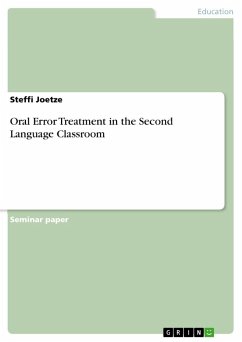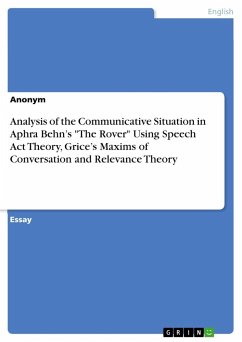Seminar paper from the year 2015 in the subject Didactics - English - Pedagogy, Literature Studies, grade: 1,3, University of Kassel (Institut für Fremdsprachenlehr- und Lernforschung, Interkulturelle Kommunikation), course: Hauptseminar: Error Analysis, language: English, abstract: Given that mistakes and errors are inevitable in second language acquisition, EFL teachers have to provide corrective feedback (CF) for their students to promote writing accuracy. In second language acquisition research, CF is a topic of great interest since Truscott (1996) argued that error correction has no significant effect for students' new pieces of writing. Ferris (1999) and several other advocates have proven that different types of CF can be beneficial for L2 writing accuracy; however, as this thesis will demonstrate, direct and indirect types, as well as focused and unfocused types of error correction rely on different didactic approaches with different effects in students' language awareness to be expected. As studies on written corrective feedback present divergent results, further research has to be done to get deeper insight into feedback practices that also include personality factors and other individual learner differences that might affect students' perceptions of different CF strategies.

